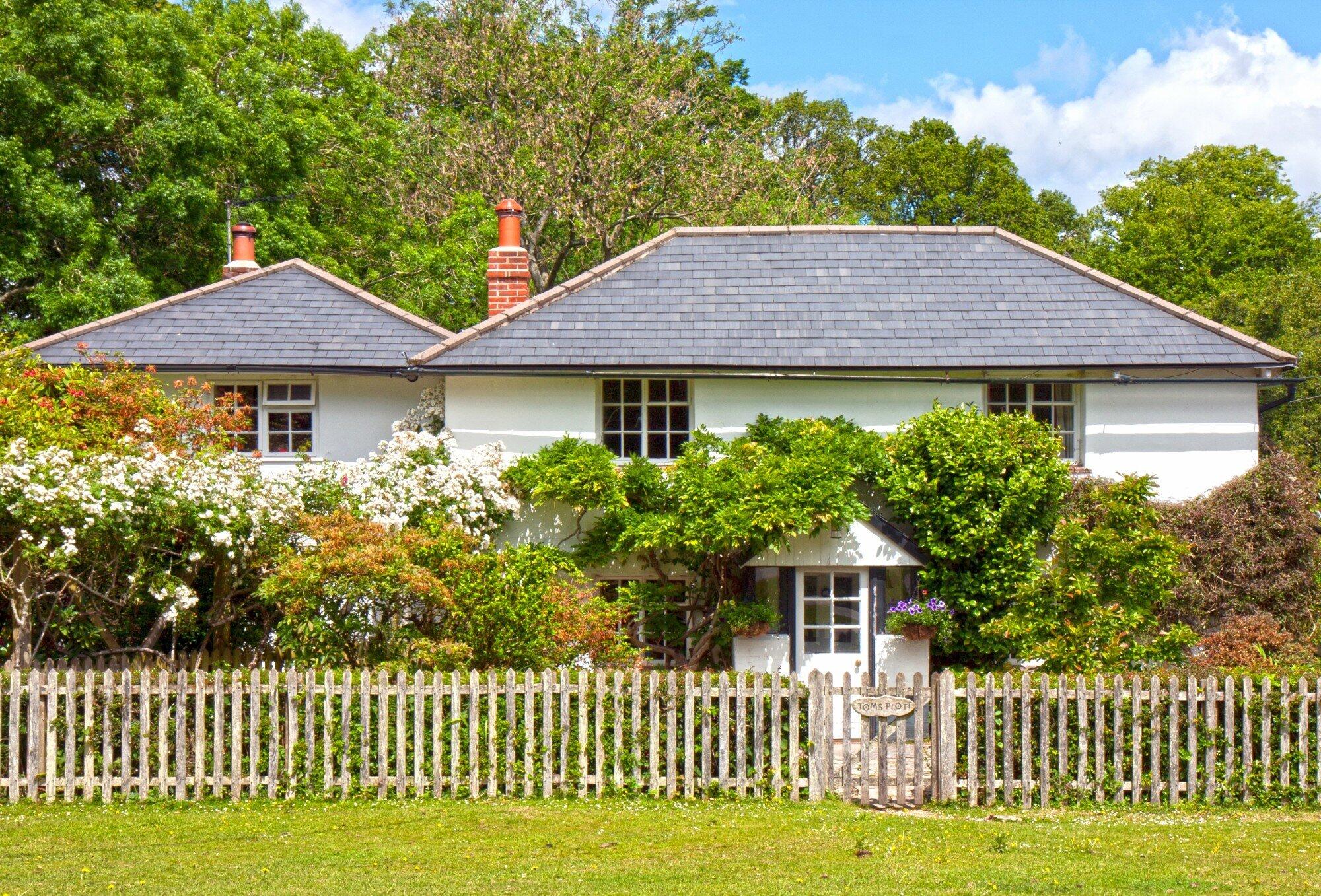Renting a property comes with a set of responsibilities for landlords and tenants. New Hampshire real estate landlords are responsible for maintaining the property. But tenants also have their share of property maintenance duties.
Understanding these legal and optional tenant maintenance responsibilities is crucial for both parties. This ensures a smooth and harmonious tenancy.
In this guide, we'll delve into the specifics of what tenants are required to maintain. We'll also cover what additional responsibilities they may choose to take on. Keep reading for great maintenance tips for renters!
Legal Tenant Maintenance Responsibilities
In New Hampshire, property maintenance laws may be enforced. This can be done at the local level by municipalities or counties. This can include regulations related to:
Health and sanitation
Nuisance regulations
Rental property requirements
Tenants are responsible for maintaining the cleanliness and general upkeep of the property. This includes tasks such as:
Cleaning and maintaining the interior of the rental unit. This includes appliances and fixtures.
Reporting any maintenance issues or damages to the landlord. This helps to prevent further deterioration.
Taking reasonable precautions to prevent damage to the property. This also includes adhering to the maintenance requirements outlined in the lease agreement.
Beyond routine cleaning, tenants can extend the lifespan of appliances through regular maintenance. Simple tasks like cleaning filters and checking for leaks can prevent issues.
Optional Tenant Maintenance Responsibilities
Certain maintenance tasks fall within the realm of landlord responsibilities. However, tenants may choose to take on additional duties. This is usually done to enhance the condition of the property.
These optional responsibilities can include:
Performing minor repairs or maintenance tasks that do not require professional intervention. Examples of this include replacing light bulbs or unclogging drains.
Taking measures to prevent pest infestations. This is done by keeping the premises clean and disposing of garbage properly.
Legal Landlord Maintenance Responsibilities
Some of the key maintenance tasks that landlords are typically responsible for include:
Structural repairs, including the foundation, walls, roof, and floors
Plumbing and electrical systems
Heating and cooling systems
Appliance maintenance
Safety features such as smoke detectors, carbon monoxide detectors, and fire extinguishers
Pest control
Exterior maintenance
Compliance with building codes
Failure to fulfill these responsibilities may result in legal consequences. This includes fines, penalties, or legal disputes with tenants.
Understanding Tenant Rights
Tenants have the right to expect timely repairs.
Tenants have the right to privacy. Landlords must give notice before entering the property, except during emergencies.
Renters can consider legal action if a landlord fails to fulfill their obligations. This may include:
Filing a complaint with a local housing authority
Pursuing legal action for breach of lease
Seeking damages for uninhabitable living conditions
Tenant Responsibilities in Property Maintenance
Understanding your rights and duties in maintaining a property as a tenant is vital for a smooth renting journey. Property maintenance is a shared responsibility between landlord and tenant. It is important to understand the difference in this regard.
PMI Granite State can help landlords and tenants with all their property maintenance needs and inquiries. We are a full-service property manager service, which means we can help you with any part of the process. Contact us today and use our expertise to manage your property.


